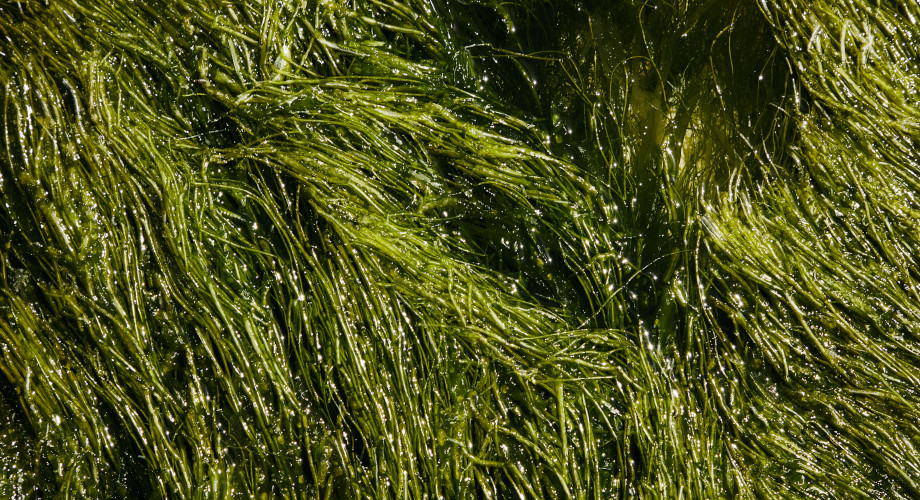
Scientists have developed a sustainable method to make high-performance plastics from agricultural leftovers, turning them into valuable materials.
In our rapidly industrialized world, the quest for sustainable materials has never been more urgent. Plastics, ubiquitous in daily life, pose significant environmental challenges, primarily due to their fossil fuel origins and problematic disposal.
Now, a study led by Jeremy Luterbacher’s team at EPFL unveils a pioneering approach to producing high-performance plastics from renewable resources.
The research, published in Nature Sustainability, introduces a novel method for creating...
Read More









Recent Comments